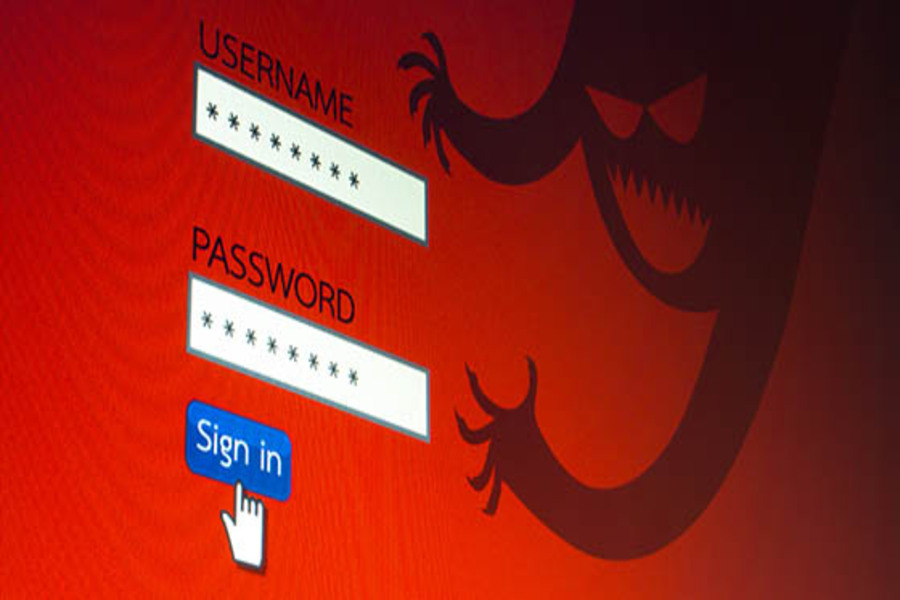Fraud — whether it’s occupational or external — doesn’t just cause immediate financial losses. It can also reduce your company’s long-term value. For example, it could lower the price when you sell or limit the amount of capital you can raise via lenders and investors. Even poor internal controls can reduce your business’s worth. Here’s a brief overview of how valuation professionals assess fraud risk. Presence of internal controls Business value is a function of risk and return, and one critical risk factor companies face is fraud. Valuators conducting an appraisal might ask about a company’s internal controls — its policies and procedures to protect assets and ensure reliable financial statements. They often look for particular controls that have been proven to help prevent fraud, such as: ...

Annual fraud risk assessments can be very effective in finding obvious fraud threats and documenting internal controls that are in place to minimize them. However, these assessments can overlook evolving and behavioral risks that could cause significant financial losses if bad actors exploit them. You can help boost the power of your risk-reduction program by actively looking for potential blind spots. Here are several examples of possible threats and how you can mitigate them: Performance pressure. Unrealistic performance targets that employees can’t achieve legitimately may create a “win at all costs” culture that encourages cheating. This is particularly true if you tie compensation to overly aggressive goals. You can reduce this risk by ensuring performance metrics include integrity-related measures. In addition, performance outliers should be analyzed, and...
Fraud schemes are always evolving. Once frauds are widely publicized and consumers and businesses learn to spot common scams, enterprising criminals change their tactics. So even if you were able to recognize the red flags of fraud a couple of years ago, you may be vulnerable to new or tweaked scams in 2025. For the health of your business, it’s essential to stay on top of fraud developments. From phone to text . Although the phone used to be fraudsters’ preferred device, perpetrators are now more likely to scam victims via email or text. According to credit bureau Experian, imposter scams (where a crook often pretends to be someone the victim already knows) perpetrated via phone calls have decreased, from 67% in 2020 to 32% in...
Cybercriminals are always looking for novel ways to gain unauthorized access to online accounts and IT networks. Password “spraying” is a newer scheme you and your IT department need to know about and guard against. Traditional cyberattacks attempt to breach a single account with multiple password attempts. But password spraying schemes use common passwords to try to access as many accounts as possible. Unfortunately, this approach can be very effective. How and why it works Password spraying perpetrators buy lists of usernames or email addresses and either buy or invent lists of common passwords. They then attempt to access multiple accounts using a single password. If that password doesn’t work, the criminals select a new password and keep trying until, eventually, a password opens an account. That...
Statistics on fraud rates in family-run businesses are scant. This is probably because most family enterprises keep incidents of financial malfeasance under wraps and don’t involve law enforcement or the courts. Because punishing offenders is critical to preventing future fraud, such secrecy can encourage schemes and raise the risk of large financial losses. So although your family business may be different from those run by unrelated individuals, it needs just as many internal controls to prevent bad behavior. Antifraud policies are critical Fraud prevention efforts in family businesses often are hampered by loyalty and affection. One of the biggest potential obstacles is failing to acknowledge that someone in the family could be capable of initiating or overlooking illegal activities. If there’s a black sheep in your flock,...
Driven by an increased interest in cryptocurrency, little regulatory oversight and the constant introduction of new coins, cryptocurrency fraud could reach unprecedented levels in 2025. Fraud perpetrators no longer need to rely only on phishing attacks or counterfeit coins — they’re now using artificial intelligence to scam crypto investors. Unfortunately, many law enforcement agencies don’t have the resources to keep up with the latest fraud schemes. it’s up to crypto investors to be on the lookout for potential fraud. AI enters the equation The first crypto scams involved Ponzi schemes and rug pulls, where promoters abandoned coins they introduced and disappeared with investors’ funds. Now, AI-powered frauds involving deepfake influencers have become almost run-of-the-mill. For example, “pig butchering,” where criminals build long-term relationships with their victims to...
Preventing financial losses from occupational fraud requires your company to remain vigilant. In a nutshell: Trust employees, but routinely verify they aren’t stealing. This includes salespeople who, if they’re unethical, could falsify sales commission records to illicitly line their own pockets. Because it’s sometimes impossible to spot crooks in your midst, be aware of potential sales commission fraud schemes and how best to detect and prevent them. How some may cheat Sales commission fraud can take several forms. For example, a retail employee bent on fraud may enter a nonexistent sale into a point of sale (POS) system to generate a commission. Or a dishonest sales associate might create a fraudulent contract that invents everything — including the customer. Another risk is overstatement of sales. In such cases,...
Deepfakes — digital forgeries produced by artificial intelligence (AI) — have blurred the line between reality and illusion. On the upside, AI-generated deepfakes have revolutionized special effects in motion pictures and made certain education and health care industry processes more effective. Yet there are also plenty of risks associated with deepfakes. Current threats Deepfakes purporting to represent public officials can disseminate disinformation and generate fake news stories. And if fraud perpetrators use deepfake images of a company’s owner or senior executives, they can more easily perpetrate phishing schemes and steal sensitive data. The threat extends beyond visible manipulation to audio. Deepfakes can mimic a specific individual’s voice to commit theft. For example, a so-called “business partner” might leave a voicemail instructing someone in your accounting department to wire...
Whether you’re an entrepreneur seeking start-up funds or the owner of an established business that needs capital to make an acquisition or develop new product lines, be careful when looking for a lender. To avoid fraudsters and potentially dire consequences, you need to take your time and carefully screen anyone eager to lend you money. After all, there must be something in it for them. Ensure that those motivations are honest. Signs signifying trouble Predatory lenders often offer loans with punitive terms and conditions and nonrefundable upfront fees. They especially target businesses with a checkered history or inadequate collateral because they know such borrowers have fewer options and may be more willing to compromise. To tempt borrowers, bad actors might advertise a quick closing or a willingness...
According to the Association of Certified Fraud Examiners, when one occupational fraud perpetrator pulls off a scam, the employer suffers a median loss of $75,000. When crooked individuals team up, that median loss rises to $135,000. And when three or more crooks work together to defraud an organization? $329,000. That’s the power of collusion. If such financial consequences weren’t bad enough, collusion can also destroy a company’s reputation. After all, from the perspective of investors, lenders, customers and the general public, the defrauded business may seem corrupt and chaotic — certainly not trustworthy. So you must do everything possible to discourage collusion and other forms of fraud in your business. Preventing control workarounds Internal controls, or policies and procedures that can help minimize criminal behavior, are essential to...











